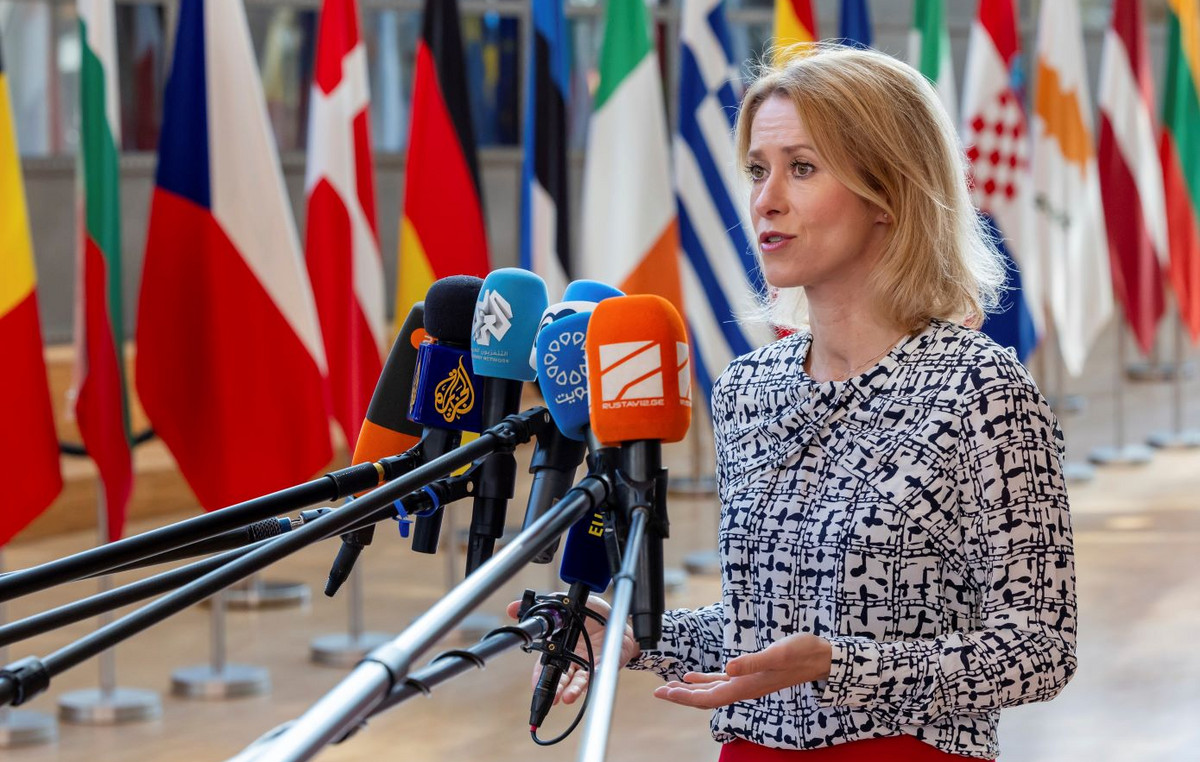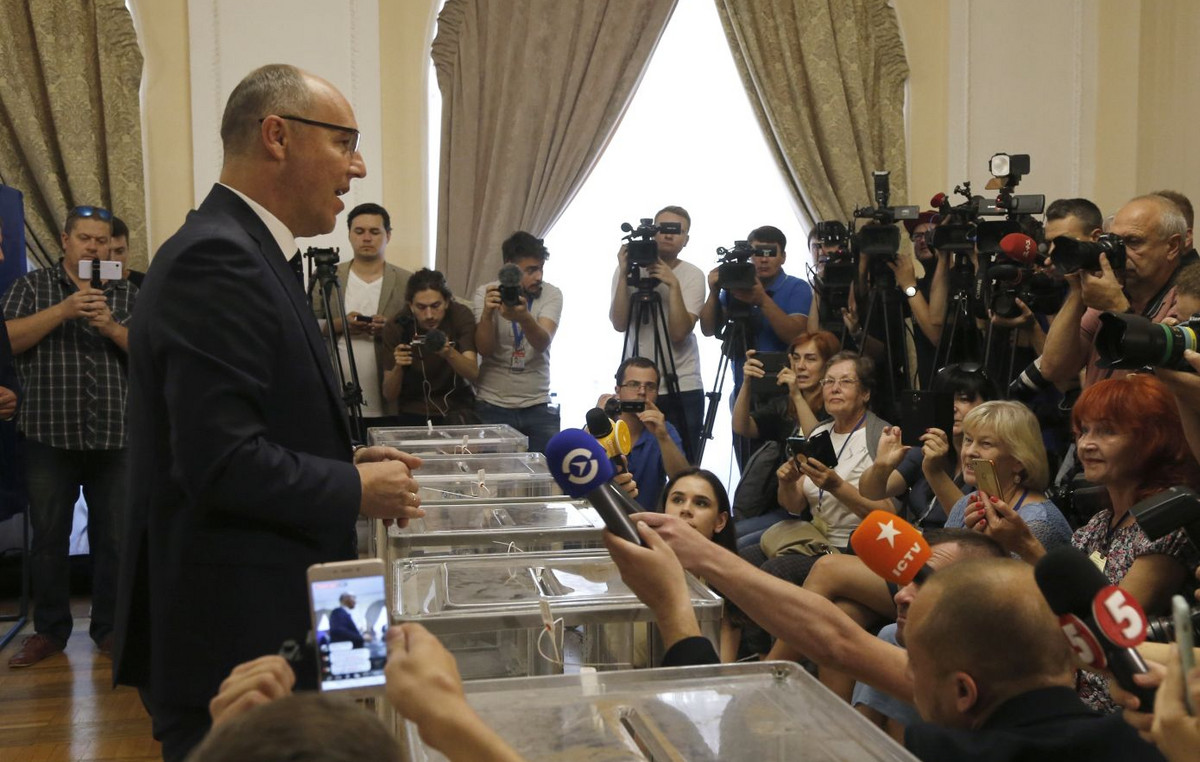The Ministry of Finance is studying a fiscal adjustment plan of more than R$ 200 billion to try to reduce the gap in public accounts this year. The project was revealed “by accident” when the press was called to record Fernando Haddad’s first official meeting with his secretariat. The slide projected on the screen showed the study.
Members of the Treasury confirmed to CNN that the measure was, in fact, discussed this Tuesday amid other possibilities to balance government spending and expenses. This is not, therefore, a terminating plan.
The account drawn on the slide was as follows:
- Extraordinary income: BRL 87.53 billion
- Reversal of exemptions and compensation: BRL 72.55 billion
- Expense reduction: BRL 40 billion
- Abandoned PIS/Pasep assets: BRL 23 billion
- Total in 2023: BRL 223.08 billion (2.08% of GDP)
Haddad’s economic team foresees the entry of BRL 87.53 billion in extraordinary revenues, in addition to an increase of BRL 72.55 billion in federal revenues with the reencumbrance of taxes and other tax measures.
The reduction of government expenses would open a space of over R$ 40 billion. Another BRL 23 billion would come from PIS/Pasep resources that have been on hold for over 20 years, as proposed in the text of the Transition PEC approved by Congress last month.
The solution to reach the balance of government accounts, however, is not easy to achieve. According to XP’s chief economist, Caio Megale, there is no silver bullet for the problem.

“It is not one or two measures that will be able to reverse such a huge hole. There are several fronts to be addressed and each front is a different battle. The slide talks about R$ 40 billion cut in expenses. If this cut-off value is really necessary, why was such a large PEC approved? A PEC more focused on Bolsa Família, on those more emergency programs, and not a PEC of almost R$ 200 billion could have been approved. The government sponsored this increase in spending and now it is difficult to go back”.
Regarding the increase in revenues foreseen by the Treasury, Megale points out that many of the projections are specific and do not present long-term answers.
“This resumption of PIS/Pasep private funds for the Treasury provides temporary relief, but it is not recurring. The concern is not to close the hole in 2023, the concern is with the fiscal dynamics over the years. Proposals that raise money for this year, without permanent balances, help a little, but do not provide the most important answer, which is debt stabilization”, evaluated the economist.
Source: CNN Brasil
A journalist with over 7 years of experience in the news industry, currently working at World Stock Market as an author for the Entertainment section and also contributing to the Economics or finance section on a part-time basis. Has a passion for Entertainment and fashion topics, and has put in a lot of research and effort to provide accurate information to readers.







